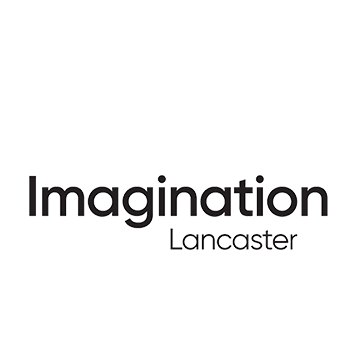Abstract
Biotagging: Manchester is a participatory project to discover and map the city’s urban wildlife in new ways.
People will move along a straight line through Manchester, observing and identifying the plants, animals and fungi they find along the route. The line will traverse a range of microclimates, including cooler and warmer areas of the city.
A ‘Manchester Rover’ vehicle, a lo-tech version of the Mars Rover, by artist Christian Nold, will be used to film and collect samples.
Biotagging: Manchester is one of three large-scale, participatory mass observation projects on climate and biodiversity developed for Futuresonic 2009 by FutureEverything and ImaginationLancaster in collaboration with the Met Office and Natural History Museum.
Citizen Science
Participants will be encouraged to think up their own ways to classify and record the wildlife they discover, resulting in new understanding and a unique, collaborative, portrayal of the animals and plants with which they share the city. A diversity of groups are participating, with a focus in east Manchester, from an allotment gardening group to a local youth group.
Biotagging: Manchester is an innovative and experimental citizen science project. It interlaces the scientific exploration of how local environmental variability, such as the Urban Heat Island phenomenon, impacts Manchester’s biodiversity, with how we perceive and experience the wildlife that is around us.
Installation
An art gallery installation by Christian Nold will be presented at the Futuresonic 2009 art exhibition incorporating materials and film generated during the workshops at CUBE from 13-23 May.
Workshops
The Biotagging workshops took place 1-3 May in Manchester’s Philips Park.Participants took part in a mini adventure walk through Philips Park in east Manchester where they were guided by artists, along with ecologists from the Natural History Museum.
Workshops
The Biotagging workshops took place 1-3 May in Manchester’s Philips Park.Participants took part in a mini adventure walk through Philips Park in east Manchester where they were guided by artists, along with ecologists from the Natural History Museum.
Credits
Lead partners: Futuresonic 2009, Natural History Museum, Lancaster University. Artists: Christian Nold with John Tweddle, Rebecca Ellis and Drew Hemment
Supported by: ImaginationLancaster, FutureEverything, Met Office, Natural History Museum, OPAL (Open Air Laboratories network) , Manchester City Council, Be Proud Love Manchester, Arts Council England, Lancaster Environment Centre, CESAGen, Institute for Advanced Studies, Centre for Science Studies, Lancaster University. OPAL is Funded by The National Lottery through Big Lottery Fund.
Thanks to: Simon Pickles and Dan Jones from North and East Yorkshire Ecological Data Centre.
